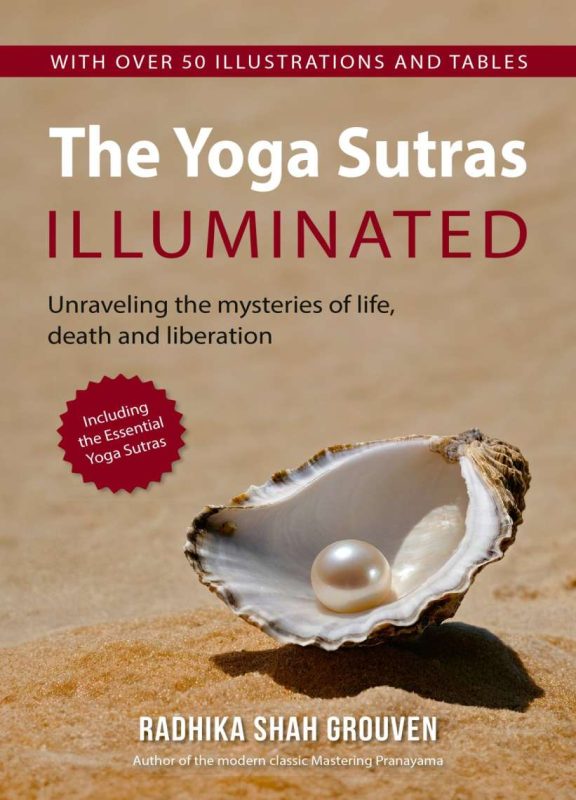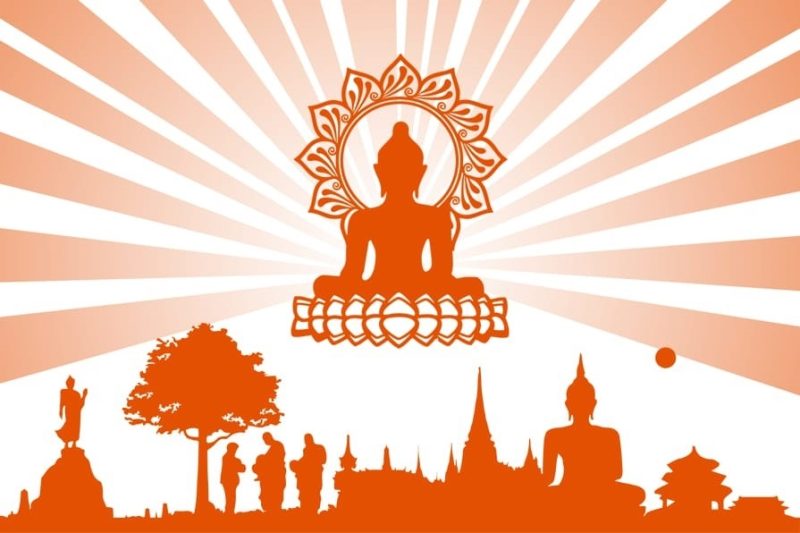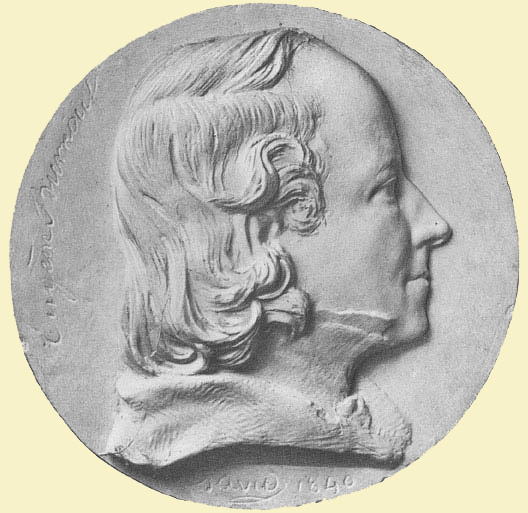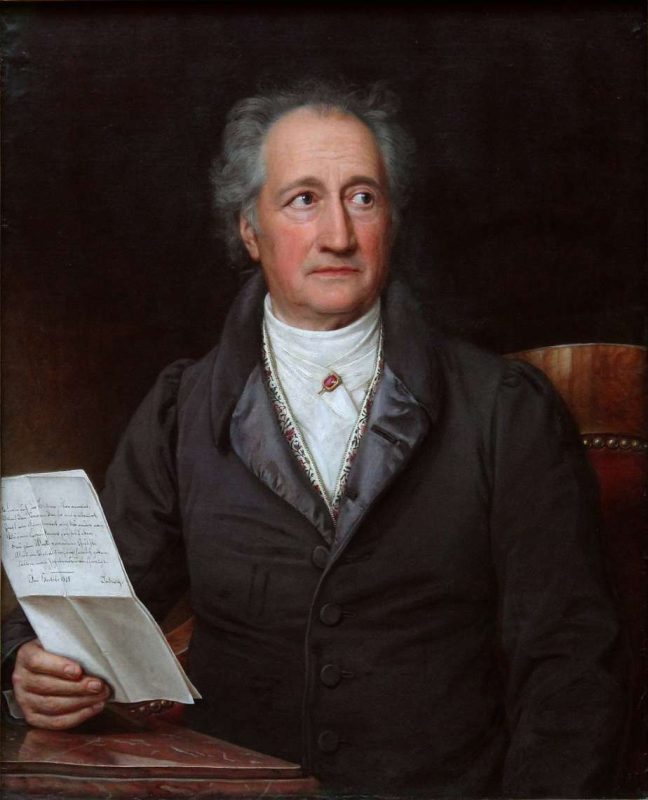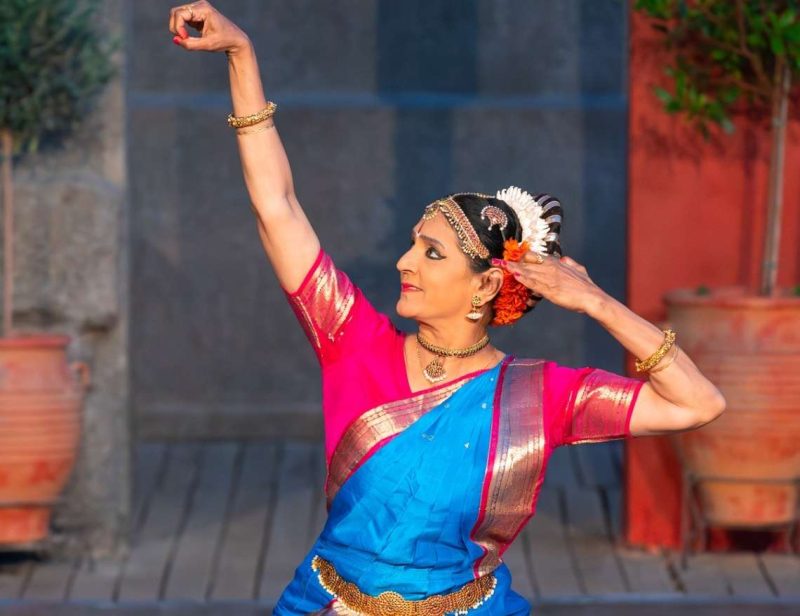
An art exhibition showcasing works by American born photographer Waswo X. Waswo, in collaboration with Rajasthani miniaturist Rajesh Soni and traditional terracotta sculptor Shyam Lal Kumhar, is open for viewing at a Delhi-based gallery.
Part portraiture from Waswo and Soni’s well-known Studio in Rajasthan series, and part spoof on both the studio process and the photographer himself – this exhibition by Gallery Latitude 28 will call attention to the place of performance, or the “stage”, upon which studio photography is enacted.

The title, ‘We Are Always Working’, references the ongoing process Waswo and his studio engage in, both physically, as well as in a wider philosophical discourse concerning his practice and methods. The exhibition is curated by Bhavna Kakar.
Waswo X. Waswo’s career in India has spanned almost two decades, utilizing the medium of studio photography is a method of self-discovery, navigating between personal revelation and inspired fantasy. With traditionally hand-painted backdrops, the photographic studio became a quasi-diorama in which Waswo and his models playfully devised a series of tableaux. His elaborate processes, involving casting local people as ‘models’ in the photo shoots, are akin to co-operative theatre performances.
Waswo’s sepia photographs, hand painted by Udaipur based photo hand colourist Rajesh Soni, take on a dream-like quality, which harks back to ethnographic photography of bygone eras while maintaining temporal roots in the contemporary. Interplay develops between the villagers who populate his work, the caricature of Waswo himself and ‘artefacts’, which he inspects under a magnifying glass.

As the protagonist of many of the photographs, dressed incongruously in a white suit and fedora hat, he takes on the role of ‘The Orientalist’, interspersed throughout the exhibition.
The origins of ‘The Orientalist’ caricature can be found in previous collaboration between Waswo and miniaturist R. Vijay, as Waswo himself states, “He created a character which was supposed to represent me, and my adventures in India, but as time went on he became sort of an ‘everyman’. I stopped thinking of him being explicitly myself, or specifically myself. Now [the character] has leaped back into the photographs. He’s literally become me, I now find myself acting the role of the little man in the miniatures. I’ve adopted the very character that I’ve created and now personify him in some of the photographs.”

The Orientalist’ as a concept plays with the notions of otherness, ethnic stereotyping and Western fetishisation of the developing world, however the driving force is that in this day and age a stereotype has been made of ‘The Orientalist’ himself. He is now encapsulated in the very same diorama as his subjects, playing out scenes in which the symbolic figure offers itself up for scrutiny, generalisation, categorisation, and questioning.
The exhibition runs from August 28-September 28. Visitation is by appointment only.





